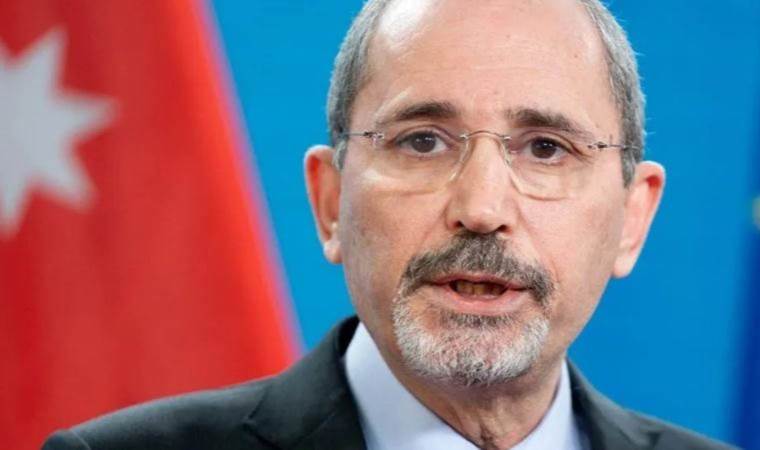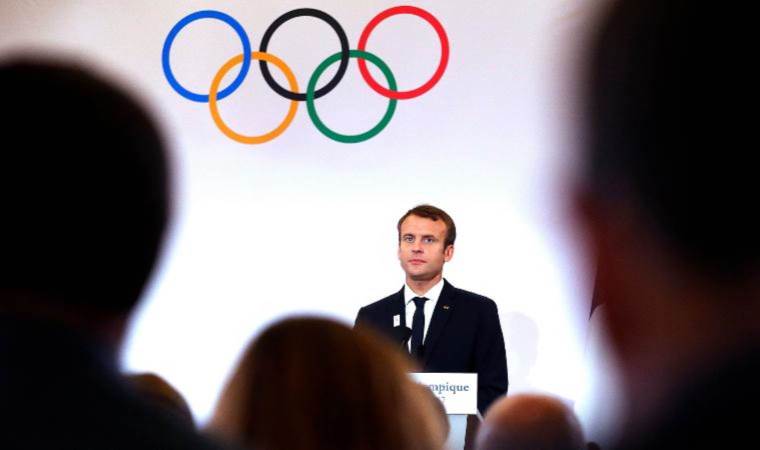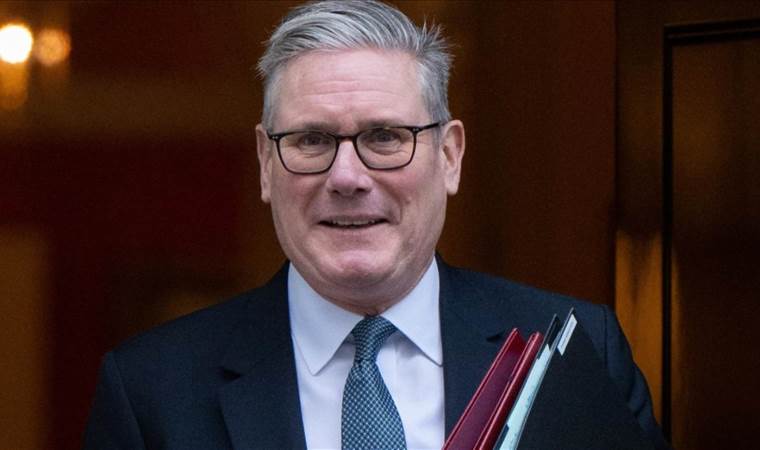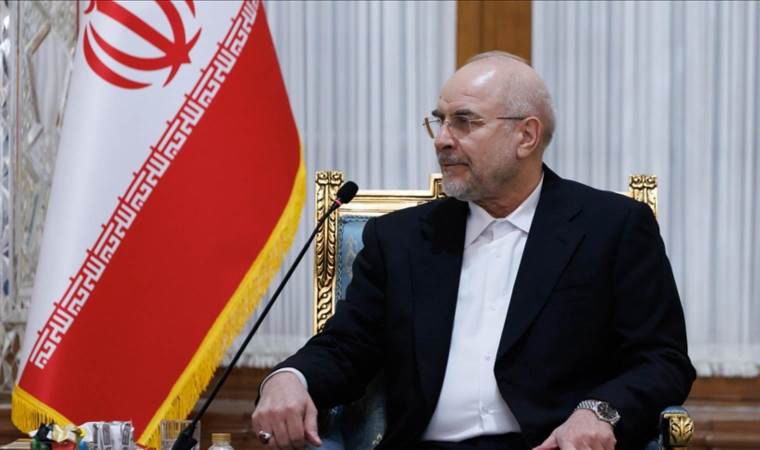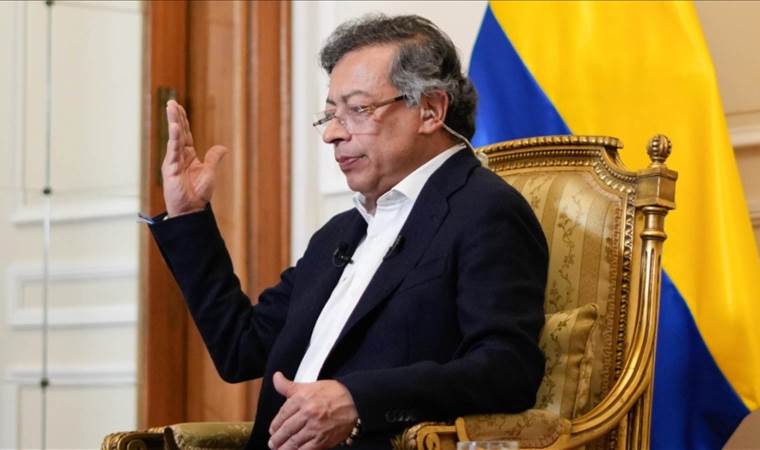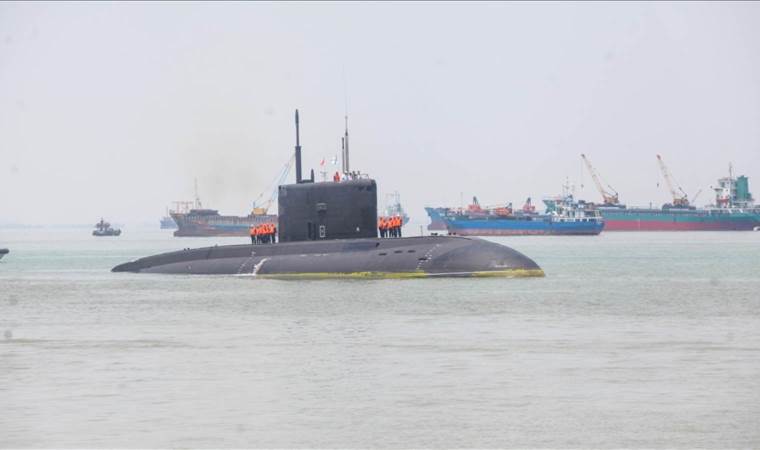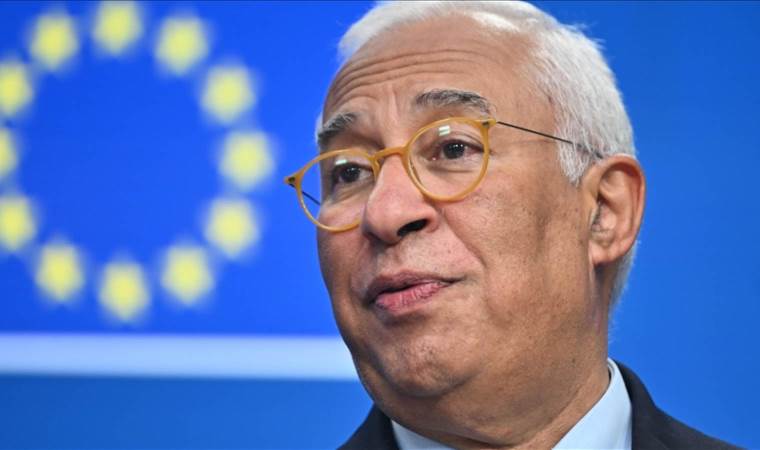U.S. unlikely to escalate Iran oil sanctions after Israel attack
Analysts suggest that the unprecedented missile and drone strike by Iran on Israel is unlikely to lead the Biden administration to impose dramatic sanctions on Iran's oil exports, due to concerns about increasing oil prices and straining relations with China, Iran's top oil purchaser.
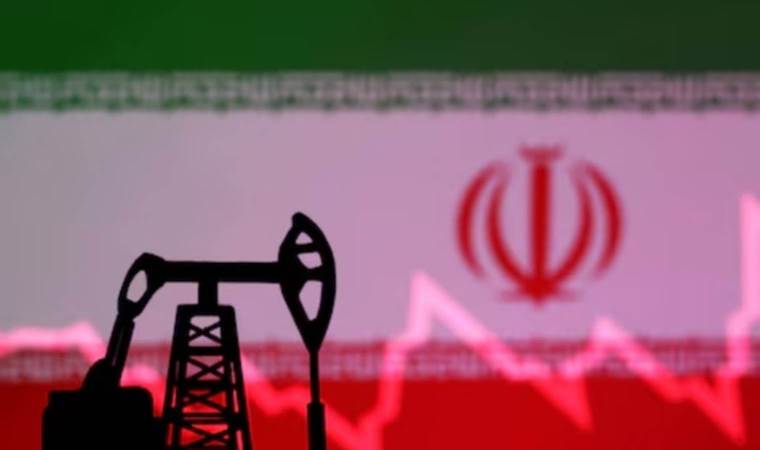
Following Tehran's weekend retaliation for the suspected Israeli strike on the Iranian consulate in Damascus, House Republican leaders criticized President Joe Biden for not enforcing existing sanctions effectively. They announced plans to introduce legislation to tighten these measures. Representative Steve Scalise, the No. 2 House Republican, accused the administration of easing restrictions on Iran’s oil sales, thereby funding terrorist activities, during a Fox News interview on Sunday.
This situation presents a complex challenge for the Biden administration: deterring future attacks without escalating regional tensions, spiking oil prices, or upsetting China. Washington has consistently expressed its intention to prevent the Gaza conflict between Hamas and Israel from escalating into a broader regional war, aiming to keep Tehran on the sidelines.
Scott Modell, a former CIA officer and CEO of Rapidan Energy Group, expressed skepticism about the Biden administration's willingness to enforce sanctions more aggressively. "Even if these bills pass, it's hard to see the Biden administration going into overdrive to enforce existing sanctions or new ones to meaningfully cut or curb Iranian oil exports," he said.
Former President Donald Trump reinstated U.S. sanctions on Iran's oil in 2018 after withdrawing from the international nuclear deal. The Biden administration has attempted to crack down on sanction evasion with measures targeting companies in China, the United Arab Emirates, and elsewhere. Despite these efforts, Rapidan estimates Iran's oil exports have approached pre-sanction levels.
Kimberly Donovan, a sanctions expert at the Atlantic Council, noted that concerns about rising oil prices have led to lax enforcement of oil-related sanctions in recent years. She does not anticipate a tightening of enforcement in response to the recent attacks, especially given the impact on fuel prices during an election year. "The price of oil and ultimately the prices of gas at the pump become critical during an election year," she stated.
A State Department spokesman emphasized that the U.S. has not lifted any sanctions on Iran and continues to increase pressure on the Islamic Republic. "Our extensive and overlapping sanctions on Iran remain in place, and we continue to enforce them," the spokesman confirmed.
Enforcing sanctions more aggressively could also destabilize the already tense U.S.-China relations. Much of the Iranian oil entering China is mislabeled as originating from Malaysia or other Middle Eastern countries, carried by a "dark fleet" of older tankers that often turn off their transponders to evade detection.
Analysts acknowledge that while Washington might take some measures to reduce Iran's oil exports, any significant action, such as sanctioning major Chinese financial institutions, is unlikely. "If you really want to go after Iran's oil exports, yes, you would have to take meaningful action against China," said a source familiar with the issue. "Are you really going to go after the big banks? Are you going to do something that the administration has not done and even the Trump administration did not do?" he added.
Jon Alterman, a Middle East analyst at the Center for Strategic and International Studies, noted the limits of what Washington can achieve with sanctions and the skill of evaders in finding loopholes. "I'd expect to see a gesture in the direction of imposing economic consequences on Iran, but I don't expect the White House — or any future White House — to be able to completely turn off the spigot of Iranian oil," he said.
Most Read News
-
 Spain backs EU listing of Iran's Revolutionary Guard as
Spain backs EU listing of Iran's Revolutionary Guard as
-
 ‘China a vital player’: Xi hosts British Premier Starmer
‘China a vital player’: Xi hosts British Premier Starmer
-
 Trump can start a war but cannot 'control its end,’ Iran
Trump can start a war but cannot 'control its end,’ Iran
-
 Colombia's president calls on Latin American countries t
Colombia's president calls on Latin American countries t
-
 S.Korean President Lee's aide meets Canadian Premier Car
S.Korean President Lee's aide meets Canadian Premier Car
-
 Vietnam, EU elevate ties to 'comprehensive strategic rel
Vietnam, EU elevate ties to 'comprehensive strategic rel
-
 New video shows Alex Pretti in confrontation with federa
New video shows Alex Pretti in confrontation with federa

